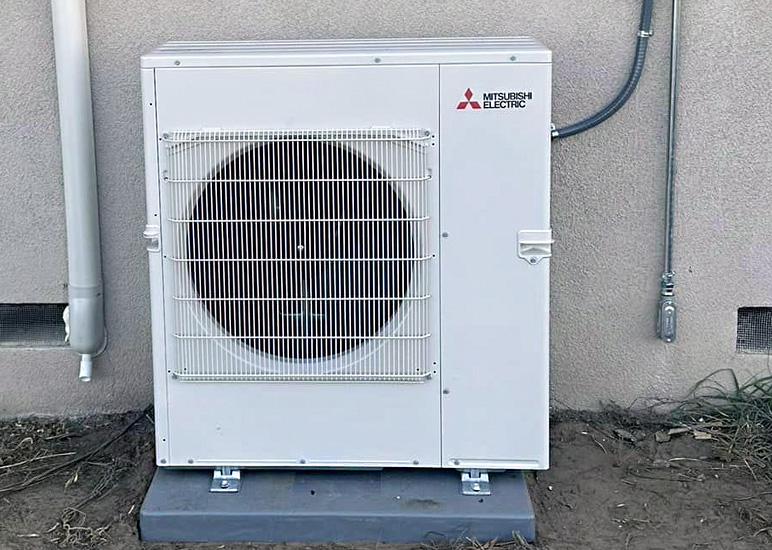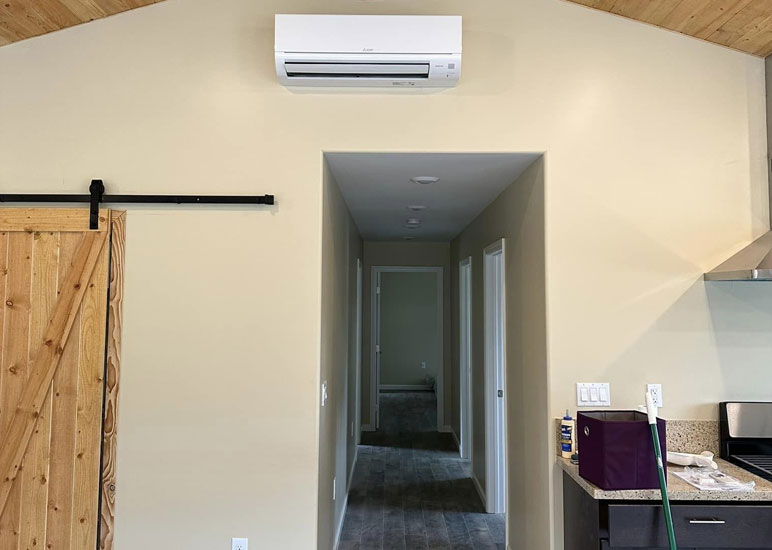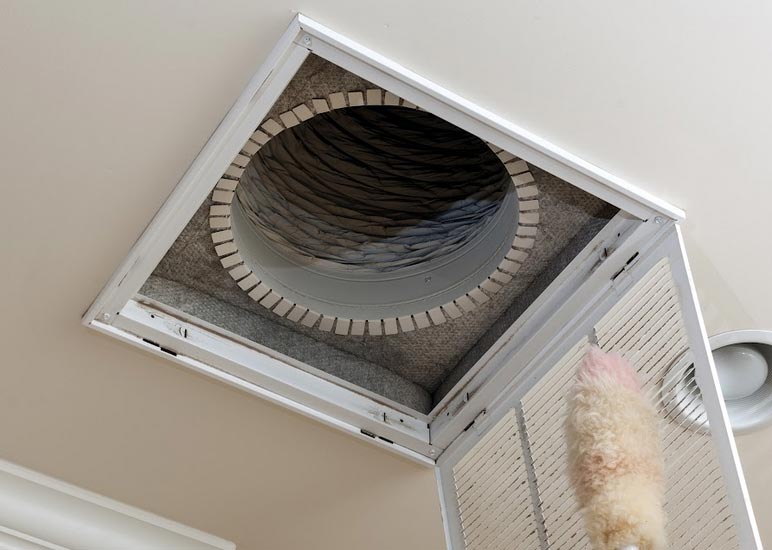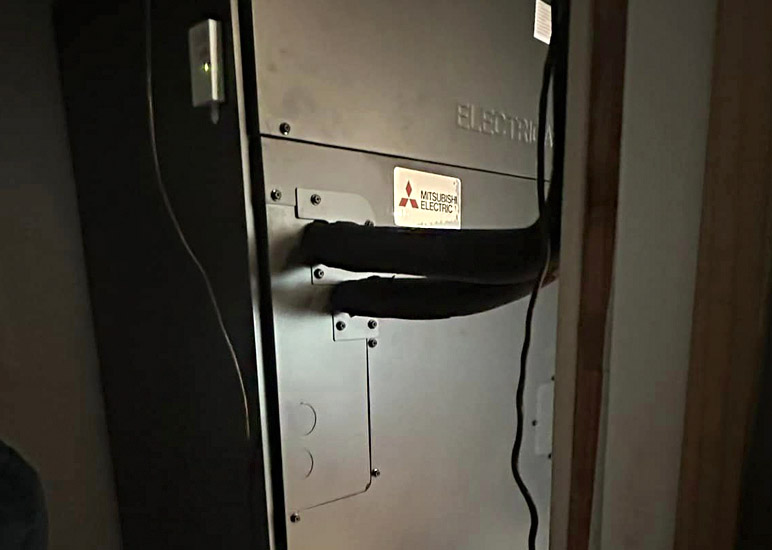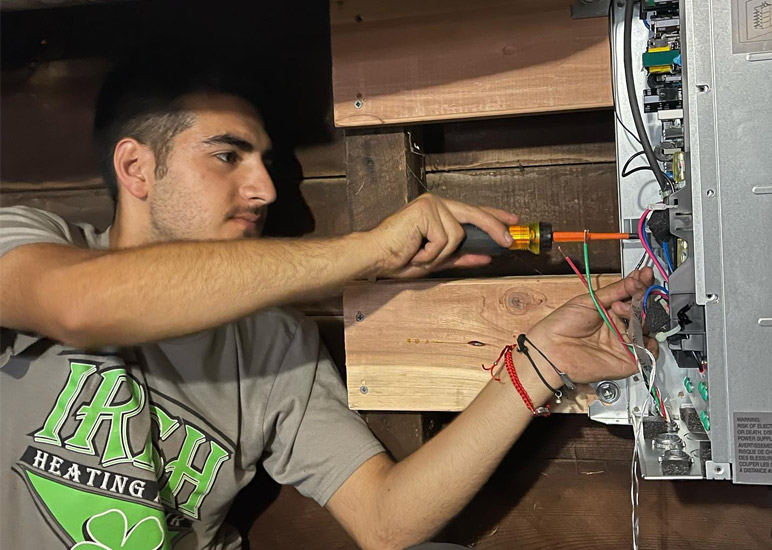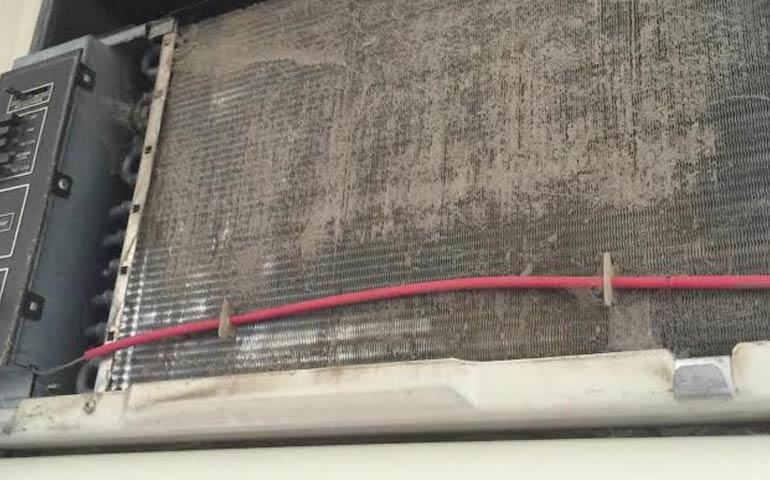 If you’re wondering if you should repair or replace your air conditioner, you’re not alone. We receive calls all of the time asking us this same question. In some cases, other technicians have told the homeowner they should replace the unit when it still had a lot of life left. In other cases, they’ve ordered repeat repairs when the unit should have been replaced a long time ago.
If you’re wondering if you should repair or replace your air conditioner, you’re not alone. We receive calls all of the time asking us this same question. In some cases, other technicians have told the homeowner they should replace the unit when it still had a lot of life left. In other cases, they’ve ordered repeat repairs when the unit should have been replaced a long time ago.
So how do you know what to do?
There are a lot of factors to consider when you’re trying to decide if you should fix or replace your air conditioning. We encourage you to schedule an in-home consultation so we can help you make the best decision, but in the meantime, here are some of the things you should consider:
General Rule: Air Conditioners Have a Life Span of 10 to 15 Years
If you have an air conditioner that is 10 years old or older, you probably want to go ahead and replace it. Air conditioners have a life span of about 10 to 15 years, so if you’re on the upper end of that scale, it may not make sense to do an expensive repair.
However, just because it’s 10 years old doesn’t mean you shouldn’t go ahead and repair it. Instead, look at the cost of the repair, the factors below, and consider the last time you serviced it. If you just had repairs done last year and it’s breaking down again, it may be time to let it go.
A Quick Formula
While the following formulas might not be hard, definitive math, they still make for a great rule of thumb:
Repair if (Repair Cost) X (Age of AC in Years) < (Cost of New AC)
Replace if (Repair Cost) X (Age of AC in Years) > (Cost of New AC)
Does it Have R-22 Refrigerant?
Older air conditioners have R-22 refrigerant in them. Since a newer, R-410a refrigerant has been created that’s supposed to be more environmentally friendly, the price for R-22 has skyrocketed. If you have the R-22 and your unit is older, it may be smarted to go ahead and replace it so you don’t spend so much on refrigerant.
Replace if Your Energy Bills Increase Every Month
In addition to considering air conditioner repair and replacement costs, you also want to look at your energy bills. Are you dealing with a higher bill each month even though your power company hasn’t initiated a rate increase?
This is probably happening to you if you have an older unit, which means that everything else in this blog is telling you to replace it. If you don’t mind paying more and more to the power company each month and scheduling consistent repairs, keep your old unit. However, we’re pretty sure you’d rather have a reliable, new energy star unit that will save you money on repair costs and energy each month.
We hope these tips have been helpful to you as you’re trying to decide whether to repair or replace your broken AC unit. If you need help deciding or need a quote, contact us today for your free consultation.

